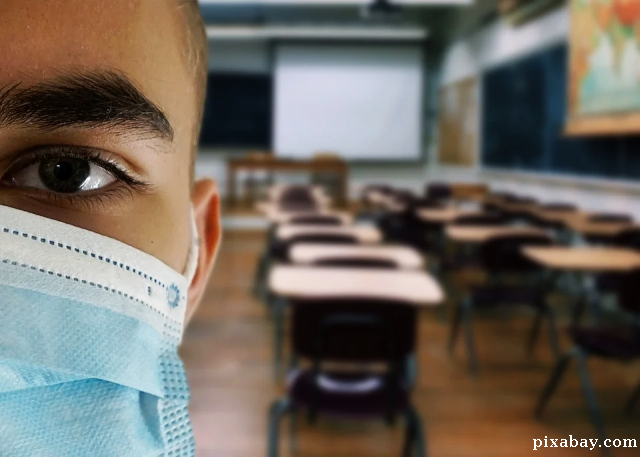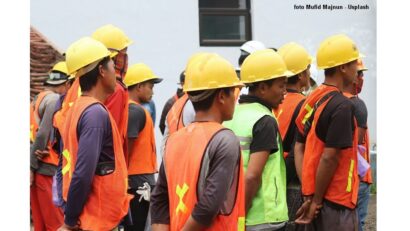Romanian solutions to digitise education
Of the challenges entailed by the current pandemic containment measures, one of the most complex concerns the education sector

Christine Leșcu, 02.12.2020, 14:00
Of the challenges entailed by the current pandemic containment measures, one of the most complex concerns the education sector. Many schools, high schools and universities in Romania are currently working exclusively online, even in the capital city Bucharest, which has an infection rate of 3.91 per thousand.
But online learning is by no means easy, especially in the many rural or poor regions where students and teachers lack access to elementary digital technology and where the internet connection is difficult. Also, questions like “what, how and how much can we teach?, and “how do we test and assess? are ever more frequent as the education sector strives to adapt to the current circumstances.
Education entrepreneurs are already coming up with digital solutions for these questions. But it all has to start from an answer to the question “what should we adapt?, believes Dragoș Iliescu, a professor and psychopedagogy expert:
Dragoș Iliescu: “I can safely say that nobody knows exactly what should be adapted. We definitely cannot adapt content, in the sense that we cannot leave out or add content. And Im afraid this is the trend I can see with some of the decision-makers in the system: ‘This is a difficult year. Why not leave out some of the curriculum?. But eliminating parts of the curricula is not an option or a solution during this period. But while the content of the curricula should not be tampered with, we can adapt the content of classes. There is virtually nothing that cannot be taught online, using digital technology. For virtually any lesson in any subject we can imagine a new, different, innovative method of teaching. And if you can teach it, you can definitely test it as well, in the same manner. But one of our problems is there is not enough flexibility on the part of all stakeholders—not only teachers—in taking this leap and adapting content to online teaching. The other problem is that there are not enough resources. Some of these adjustments are rather hard to make, or reasonably hard, beyond the skills of most teachers.
Although at first sight online assessment is easier than online teaching, things are not that simple, Dragoș Iliescu explains:
Dragoș Iliescu: “This is not an easy task either, because the switch to the digital mode solves some problems and creates others. For instance, it solves a scaling problem: you create a test and in theory that test can be given to any child in any part of the country. But it creates security problems, for example. To what extent can you use a test that any child can copy in a print screen and pass on to his mates? There are technologies and approaches that solve this problem, which is not as new as we may think. Other countries found solutions long ago. But in order to solve this problem we need more resources and more investments. This is not something that teachers can do, it can only be done by a larger system. The idea that ‘this is a difficult year, wed better skip term tests is crazy. As long as you used to give term tests and they used to be part of the feedback you would give your students, giving them up now is not ok. The solution is not to eliminate something that you need, but to find alternatives to keep doing it even in these strange and unfortunate circumstances.
One proof that assessment can go on is the BRIO.RO testing platform, initiated by Dragoș Iliescu. On this platform, tests are designed to combine learning and assessment, because in addition to a final score, children are also given a detailed assessment of their skills in a particular area.
Dragoș Iliescu.: “During a test you actually learn. Possibly nothing else helps you learn as profoundly. Testing is, in and by itself, a learning activity. It structures information, encourages meta-cognition, its the best way of consolidating knowledge and connecting it to other practical activities. In addition, it gives you feedback on the learning process: it points out what you know and what you dont.
A UK resident for several years, Paul Balogh has developed various digital education resources, from electronic textbooks to digital teaching platforms like Hypersay. He works with prestigious academic institutions in the UK and teachers in Romania.
Paul Balogh: “Romanias response was not great, the Education Ministry gave little to no help to teachers. But at individual level, a lot of teachers did great, and solved their problems by their own means. They learned how to use the online platforms for conferences and teaching. What these people did is outstanding, I think, and I cant see why this topic is not discussed more in the public arena. On the other hand, in other countries the ministries worked more coherently with the schools. They designed various solutions in due time and they applied them. The support from the ministry makes a difference.
So individual teachers proved more adaptable than many public institutions, Paul Balogh says, and he concludes:
Paul Balogh: “In Romania we still have individual relations with teachers. There are teachers in private and public schools who want to use our platform, but their support from schools, especially in terms of budget, is almost inexistent. Very often teachers have to pay from their own pockets for such software, which is not normal. At institutional level we have no cooperation agreement with either the ministry or any school or university. But there are a number of enthusiastic teachers who use our platform on a daily basis, in order to teach better online. (translated by: A.M. Popescu)






























